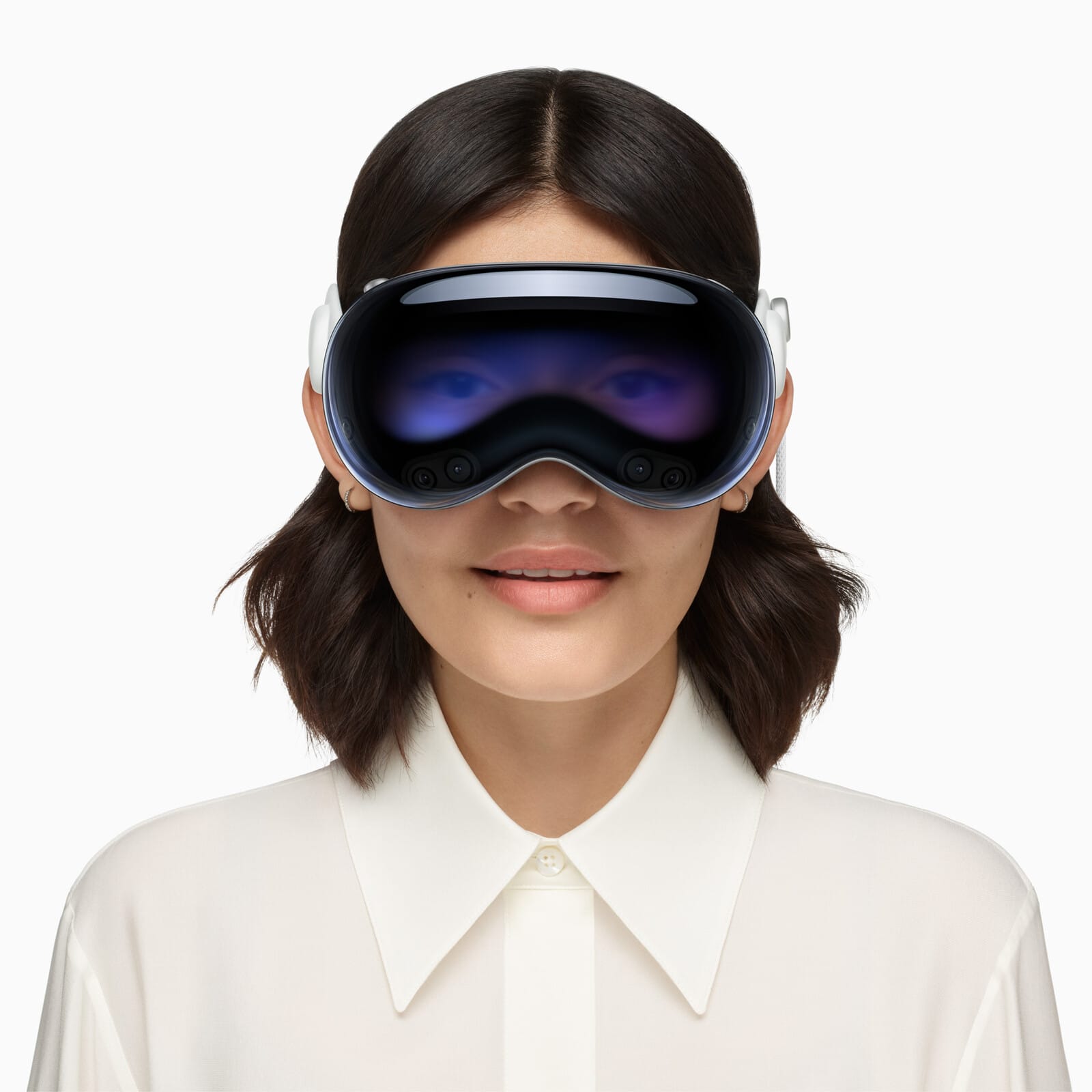The Vision Pro has marked Apple’s entry into the world of augmented and virtual reality (AR/VR). However, the reception to the device’s mixed reality features has been varied, and many view it as akin to a public beta. Despite its premium price of $3,500 plus taxes, sales have been low, and the return rate is notably high.
Potential for a Cheaper Alternative
There are ongoing rumors that Apple might pivot towards a more affordable version of the Vision Pro, while a Vision Pro 2 could also be on the horizon. Analyst Ming-Chi Kuo has shared insights into what this next iteration might offer.
Kuo suggests that the Vision Pro 2 could begin mass production in the second half of 2025. This new headset is expected to be powered by the M5 chip, an upgrade from the current M2 system-on-chip, and will integrate Apple Intelligence into spatial computing.
Enhancements in Human-Computer Interaction
Kuo anticipates that most of the hardware will remain consistent with the existing model to maintain similar pricing. The introduction of Apple Intelligence is expected to significantly improve human-computer interaction (HCI) capabilities, enhancing features like eye tracking and gesture control, contributing to a more seamless spatial computing experience. Kuo believes that the integration of Apple Intelligence in the Vision Pro 2 will provide a more concrete experience than currently found on the iPhone.
He also mentions the potential for collaboration with OpenAI’s Sora, which could facilitate immersive text-to-video experiences that surpass what is feasible on smartphones and other gadgets.
Supply Chain and Competitive Landscape
Kuo expects the supply chain for the M5 Vision Pro 2 to remain similar to that of its predecessor, including suppliers like Zhaowei, which provided the electric focus adjustment system for the Vision Pro’s inter-pupillary distance (IPD).
Ultimately, the success of the Vision Pro will depend on factors such as affordability, availability, and comprehensive app support. Apple faces a tough competition from Meta, which recently unveiled several intriguing products at Meta Connect, such as the Quest 3S starting at $299, the Orion AR glasses prototype, new AI features for Ray-Ban Meta smart glasses, and a permanent price reduction for the Quest 3.


Leave a Reply